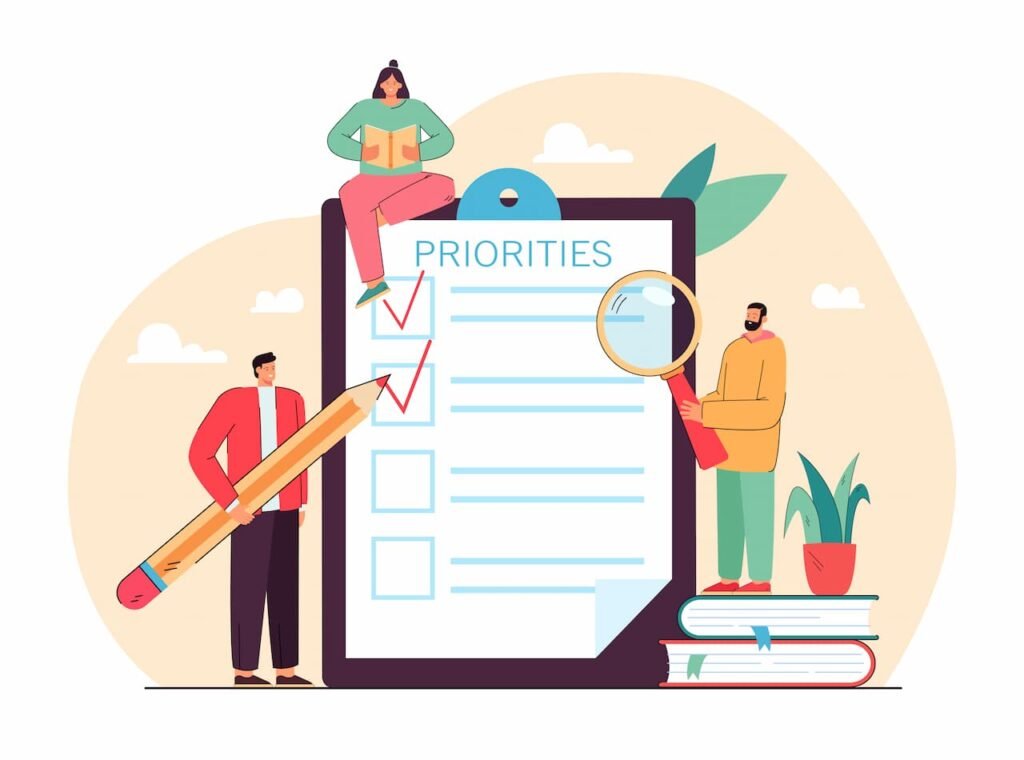Talk to a Psychologist for Online Counselling
Book Appointment 100% Private & Secure
Convenient, 100% anonymous, safe, certified professional counseling online.Across the globe, millions of people suffer from depression. In the United States alone, an estimated 17.3 million adults experience at least one episode of major depression each year. Unfortunately, depression is not limited to personal life, it can also occur in the workplace.
Depression in the workplace can have a significant impact on an employee’s productivity, motivation, and overall job satisfaction. It can also have a negative impact on the employer, as depressed employees may take more sick days, have increased healthcare costs, and may even be at risk of workplace accidents. Therefore, it is essential that employers take steps to support their employees who are dealing with depression.


6 Ways to support employees suffering from Depression
1. Provide an open and accepting culture
One of the first steps that employers can take to support employees with depression is to create a culture of openness and acceptance. This means creating an environment where employees feel comfortable discussing their mental health and where mental health is seen as a valid concern. Employers can do this by providing training for managers and supervisors on how to recognize the signs of depression and how to support employees who are dealing with it.
2. Provide mental health resources
Another important step is to provide access to mental health resources. This can include providing employees with information on local counselling services, employee assistance programs, or other mental health resources. Employers can also offer on-site counselling or therapy sessions for employees who are dealing with depression. This can make it easier for employees to access the support they need, and can also help to reduce the stigma associated with mental health conditions.


3. Supportive changes in the workplace
Employers can also make changes to the workplace that can support employees dealing with depression. This can include creating a flexible work schedule, allowing employees to work from home, or providing additional time off. These changes can help employees to manage their symptoms and reduce the stress that can contribute to depression.
4. Promote a healthy lifestyle
Employers can also promote healthy lifestyle choices by encouraging employees to exercise, eat well, and get enough sleep. Regular exercise, a healthy diet, and adequate sleep can all help to improve mood and reduce symptoms of depression. Employers can also create an environment that promotes physical activity by providing access to on-site fitness facilities or encouraging employees to participate in group fitness classes.


5. Provide other necessities
In addition to these steps, employers can also take steps to reduce the stress that can contribute to depression. This can include providing stress management training, creating a supportive work environment, and addressing any issues that may be causing stress in the workplace, such as bullying or harassment.
6. Encourage them to seek help
Finally, it is important to remember that depression is a treatable condition and that early intervention can make a significant difference. Employers can support employees dealing with depression by encouraging them to seek help and by providing them with the resources they need to get the treatment they need.


In conclusion, depression is a common mental health condition that can have a significant impact on employees and employers alike. Employers can support employees dealing with depression by creating a culture of openness and acceptance, providing access to mental health resources, making changes to the workplace, promoting healthy lifestyle choices, reducing stress, and encouraging early intervention. By taking these steps, employers can help support their employees’ mental well-being and create a healthier, more productive workplace.
Self-help tips to “manage stress at the workplace”
There are several ways you can use to manage workplace stress, including:
a. Prioritizing tasks
Make a to-do list and prioritize tasks based on importance and deadline. After completing each task, ‘tick’ the task as ‘done’ This will help you to focus on the most important tasks first and manage your time effectively, reducing stress caused by feeling overwhelmed.


b. Taking breaks
Taking short breaks throughout the day to clear your mind and refocus. This can help you to recharge and return to work with renewed energy and a clearer perspective.
c. Exercise
Incorporating physical activity into your daily routine can help to reduce stress by releasing endorphins, which are chemicals in the brain that act as natural painkillers and mood elevators.


d. Time management
By setting realistic deadlines and avoiding procrastination, you can manage your time effectively and reduce the stress caused by feeling like you are running out of time.
e. Communication
Effective communication with coworkers, supervisors, and subordinates can help to ensure that everyone is on the same page, reducing stress caused by miscommunication or confusion.
f. Mindfulness
Mindfulness techniques such as meditation or deep breathing can help you to stay calm and focused, reducing stress caused by racing thoughts.


g. Seek Support
Talking to a counsellor or mentor if you are having trouble coping with stress can provide you with guidance and support. They can help you to identify the causes of your stress and develop strategies to manage it.
h. Maintain a good work-life balance
Taking time for yourself and pursuing hobbies outside of work can help you to maintain a healthy perspective on your job and reduce stress caused by overwork or burnout. This can include activities such as reading, spending time with friends and family, or engaging in hobbies such as sports, music, or art.


Get in touch with counsellors at OnlineCounselling4U
OnlineCounseling4U offers the best counselling service for depression, whether you are feeling sad, hopeless or have lost interest in activities that you used to enjoy You can find certified psychologists who speak your own language and that too while you are in your own comfort place, your home. You can have one on one sessions without breaching confidentiality. You can talk to the psychologists freely because in OnlineCounseling4U psychologists are non-judgemental, open-minded and accepting in nature. You can book your appointments for any time of the day. Psychologists are always ready to help you with your issues. Don’t hesitate, break the stigma!
Call us to book a session today.
Contact us at +91 9811335150
Email us – info@onlinecounselling4u.com
Follow us on Facebook or Instagram
Talk to a Psychologist for Online Counselling
Book Appointment 100% Private & Secure
Convenient, 100% anonymous, safe, certified professional counseling online.

